Dutch Prime Minister Mark Rutte has announced he is quitting politics after 13 years as leader of the Netherlands, following the collapse of his coalition government over a row about immigration.
The 56-year-old had been serving his fourth term of office and was the country's longest-serving leader. He won his latest term at an election in March 2021, as the leader of the conservative People's Party for Freedom and Democracy, or VVD, and formed a coalition with the Christian Democrats, progressive D66 and the smaller Christian Union.
For weeks there had been disagreements over the issue of limiting family reunions for people fleeing from war zones, and on Friday Rutte announced that "now that we cannot come to an agreement on this subject, we have jointly decided that the political support disappeared."
He offered the government's resignation to King Willem-Alexander and lawmakers were called back from their summer recess on Monday for a debate on the next steps, with an election until later in the fall, but in the meantime, Rutte has announced his exit from the political stage.
"Yesterday morning I made a decision that I will not be available again as a leader of the VVD. When a new Cabinet takes office after the elections, I will leave politics," he said, adding that it was a "personal decision, regardless of the developments in recent weeks".
Besides this political turmoil, Netherlands is known recently by its decision to restrict on exports of some semiconductor equipment to overseas market.
The country is the home of ASML Holding NV, an important player in the semiconductor market, affecting the global microchip industry. According to a Bloomberg report, ASML "practically owns the market for a critical piece of equipment needed to produce the brains of everything that makes modern life possible — from cars and smartphones to computers", describing it as "Europe's most valuable tech company".
At the end of June, the Dutch government published new export controls, taking effect from September 1, that would limit the exportation of the company's chipmaking machines to China, obliging it to apply for licenses to send some of the most advanced technology overseas.
In January, tech news website The Verge reported that Japan and the Netherlands had agreed to tighten restrictions on chip manufacturing technology exports to Chinese companies, following extensive lobbying from Washington, in a bid to curb China's ability to develop its own production. According to ASML's CEO Peter Wennink, in 2022 China accounted for around 15 percent of the company's sales.
Despite the plan to limit China's access to the technology, though, he said it was likely that China would only be delayed, rather than stopped, from catching up.
"If they cannot get those machines, they will develop them themselves," Wennink told Bloomberg. "That will take time, but ultimately they will get there."








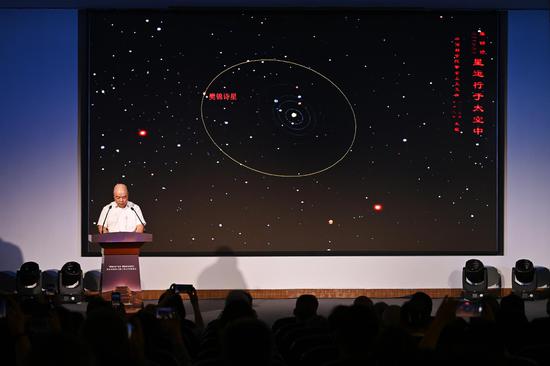
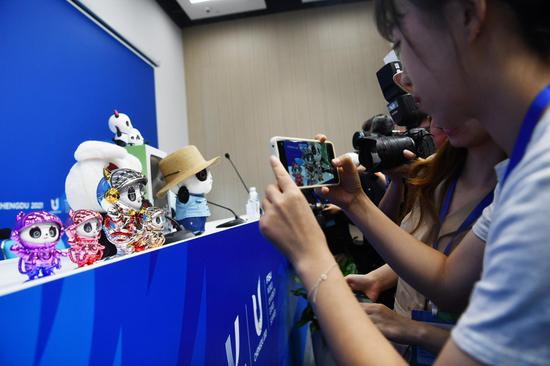

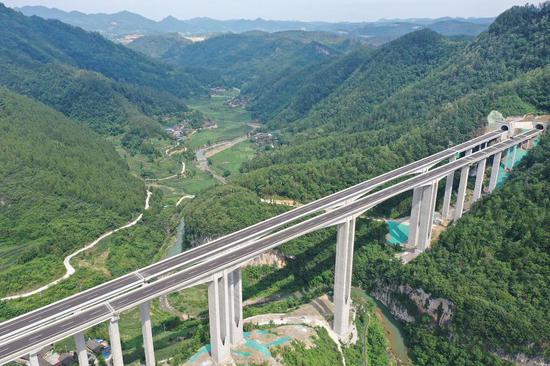

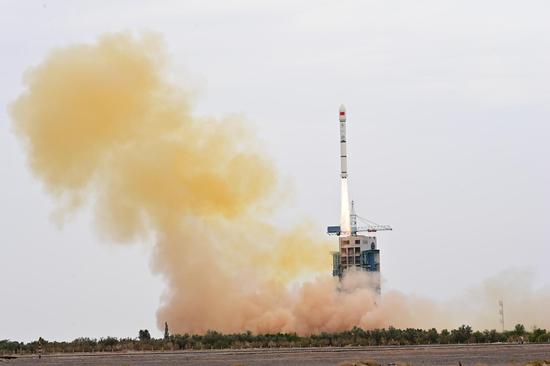
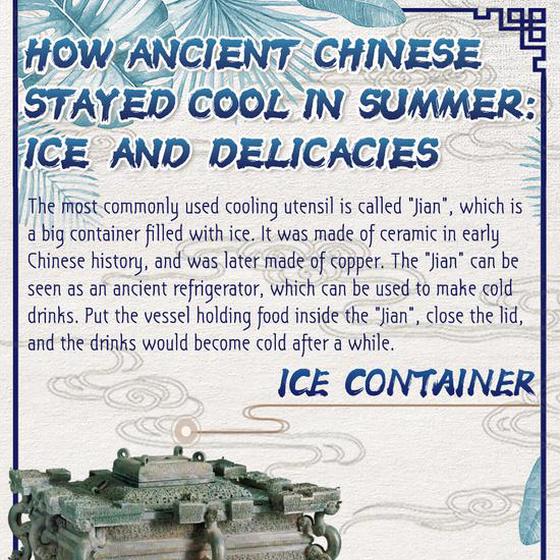
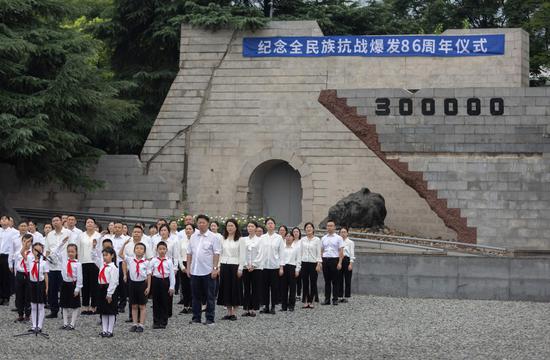
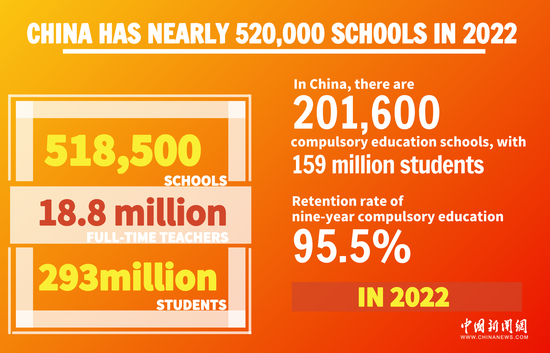
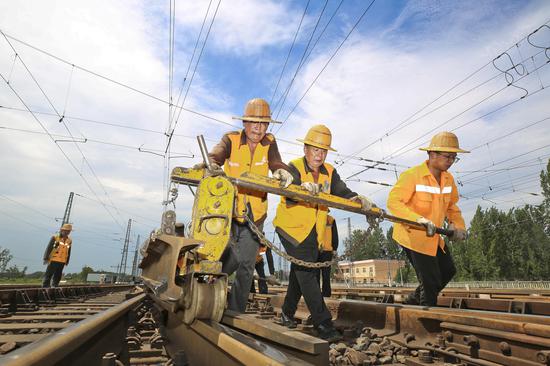
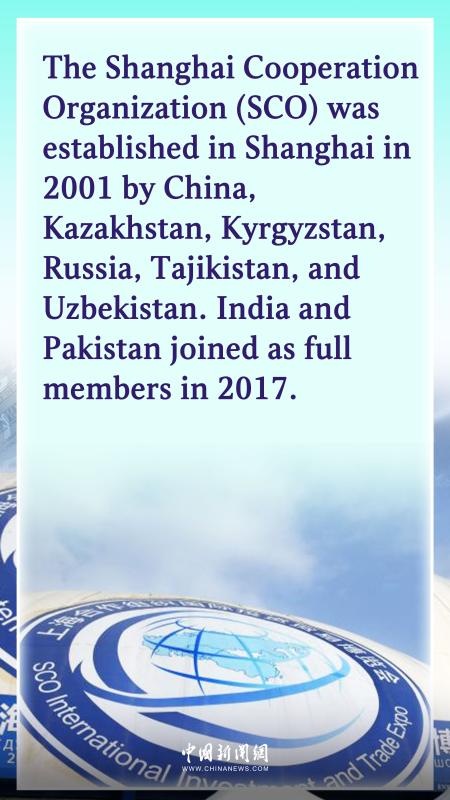



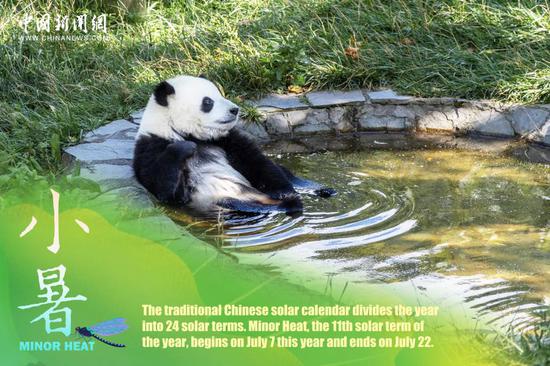
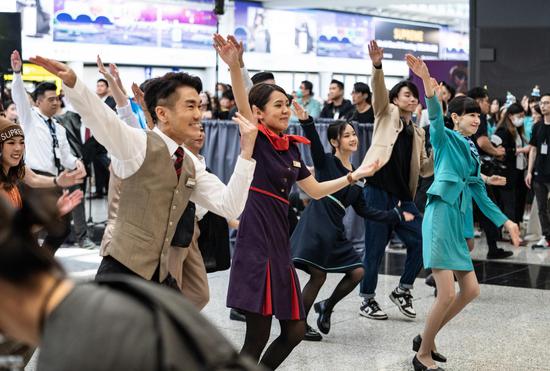
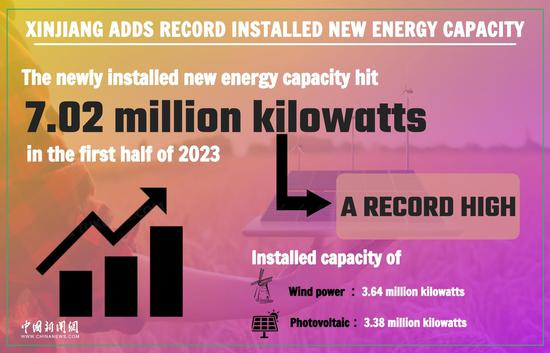

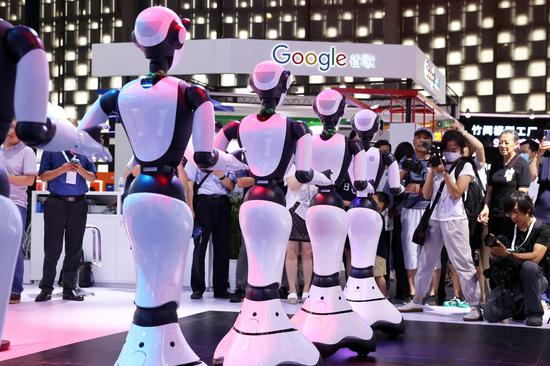



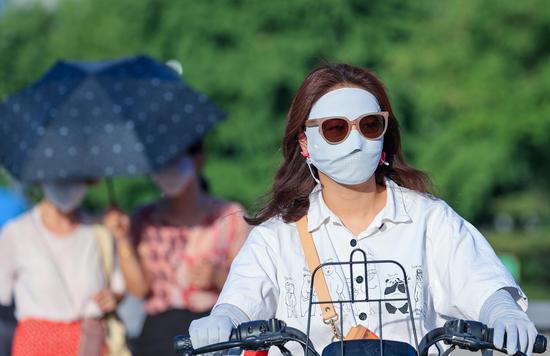
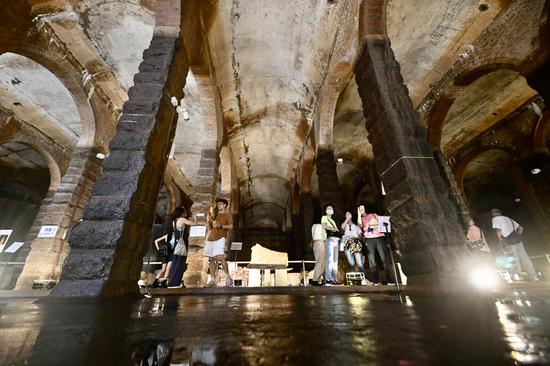


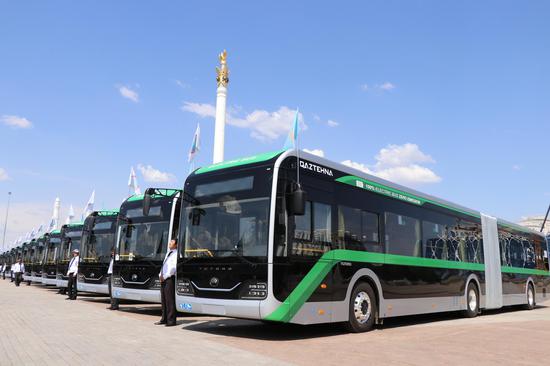
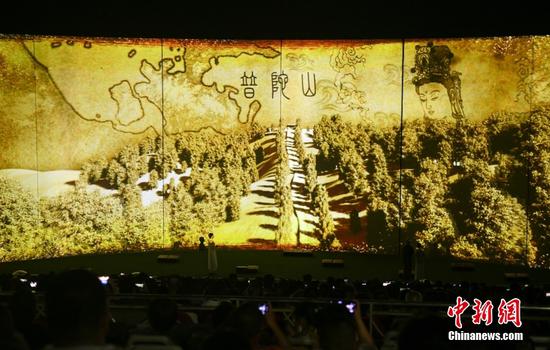
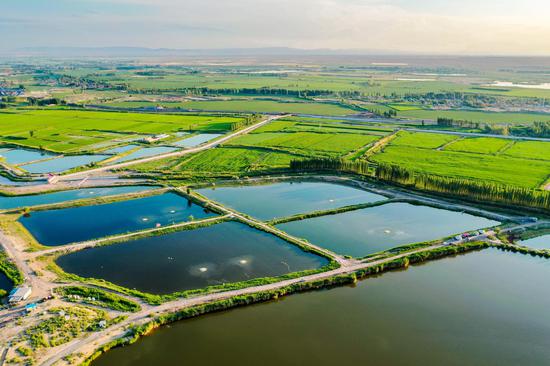



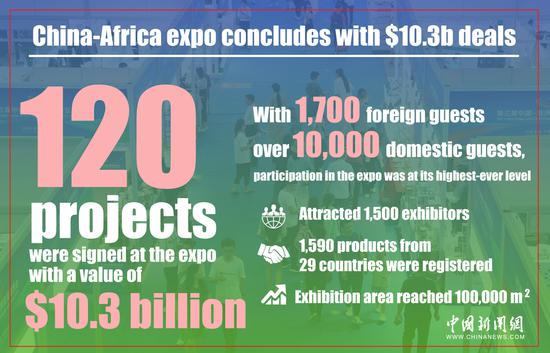

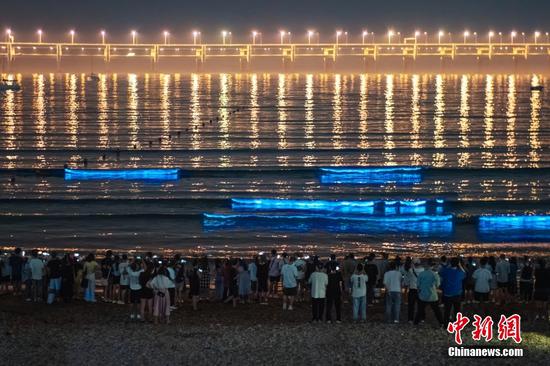
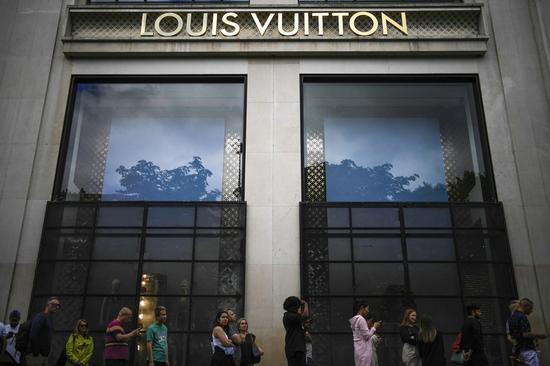
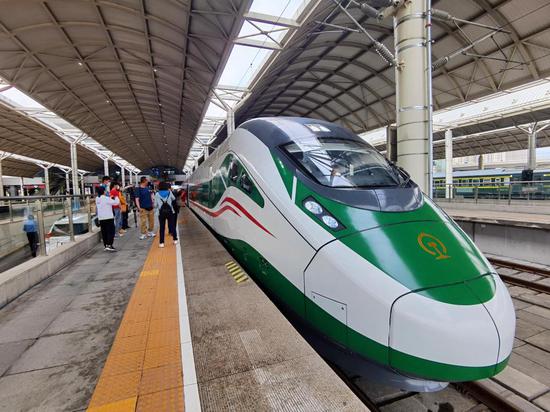





 京公网安备 11010202009201号
京公网安备 11010202009201号